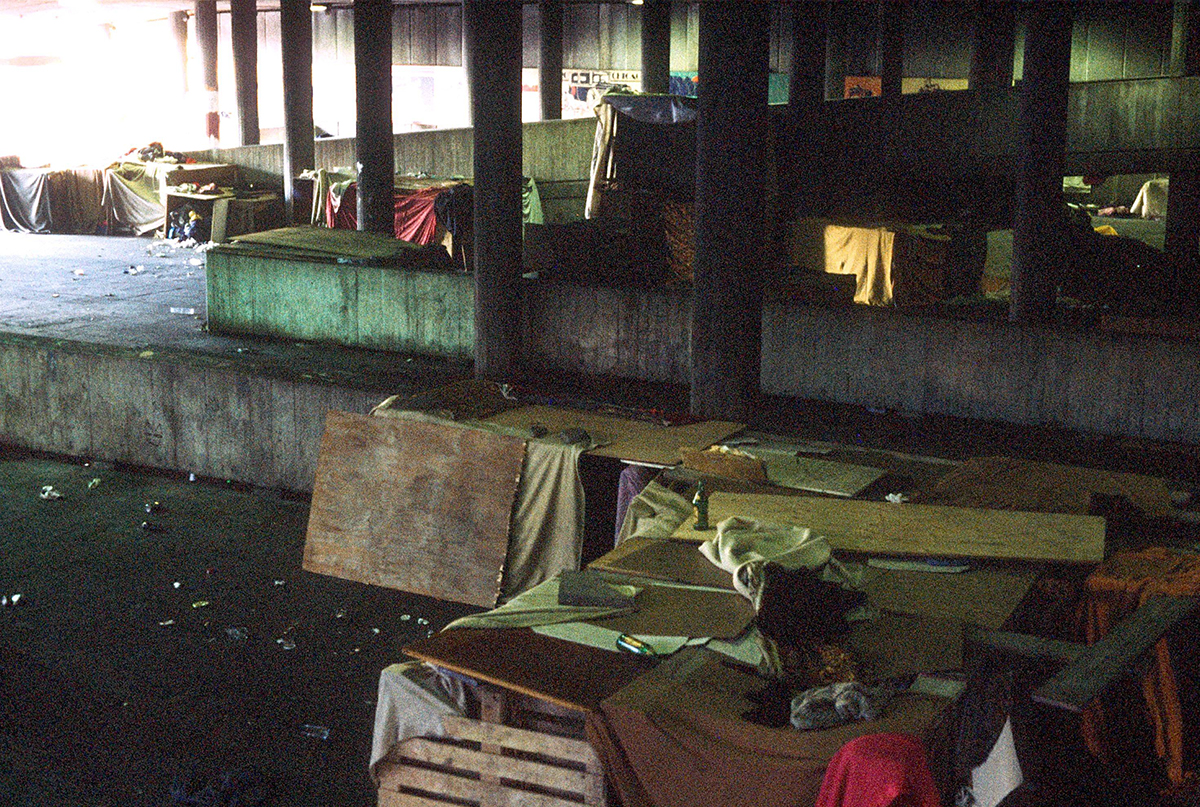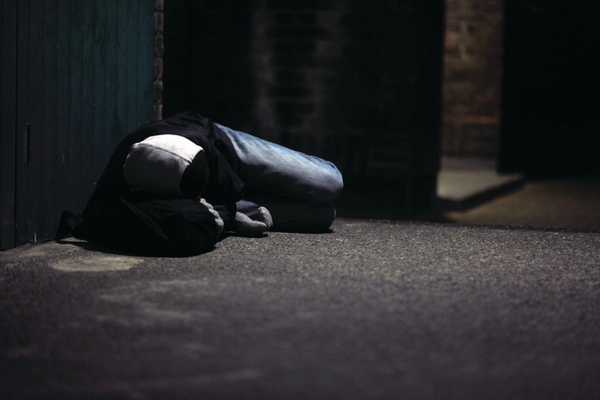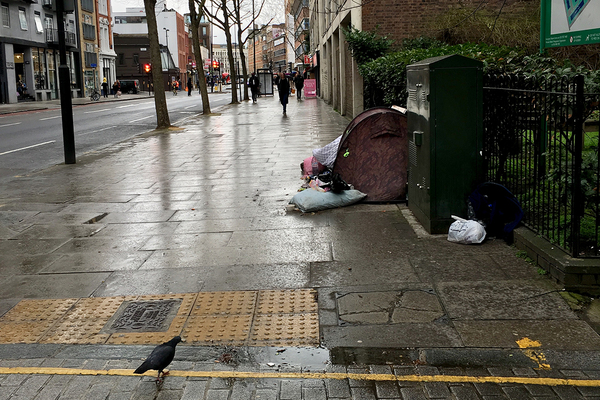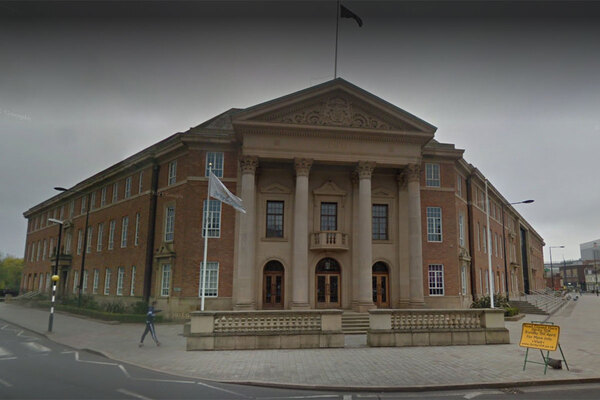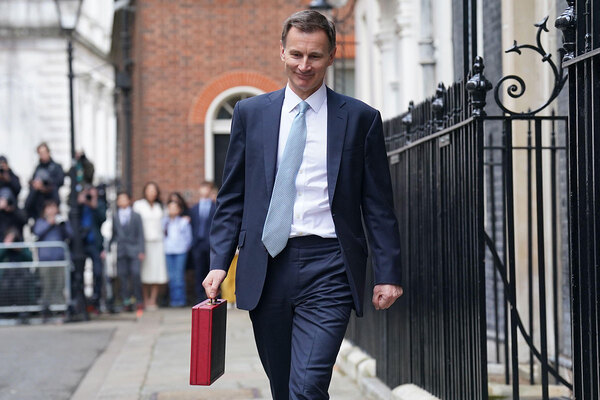You are viewing 1 of your 1 free articles

The sector has tackled rough sleeping before and we can do it again
There’s a sense that we can’t do anything about our homelessness crisis. But history shows we can, writes David Orr
The government’s goal is to halve rough sleeping by 2022 and eliminate it entirely by 2027. Last week we had the inaugural government-backed rough sleeping advisory panel meeting, hosted by homelessness minister Heather Wheeler.
This is a good first step to get there. I was there, along with 17 other key leaders in this area.
Some of the most experienced and knowledgeable minds in the country will get together once a month to decide the right approach to tackle rough sleeping.
It’s good that the government is involving people who have decades of frontline knowledge and experience.
“It is the most vulnerable in society who suffer as a result of economic uncertainty.”
After all, this isn’t the first time we’ve had a homelessness problem. A long time ago, I was involved with a charity called Homeless Network, which is now Homeless Link.
That was the 1980s. There was a deep recession, mass unemployment, and an inflated housing market.
As we have seen too many times, it is the most vulnerable in society who suffer as a result of economic uncertainty.
And so homelessness became a growing problem for our cities and towns. In the same way it is now, the crisis was a national concern and the number of rough sleepers was rapidly increasing.
In London there were depressing scenes like Cardboard City, an underpass near Waterloo Station which hundreds of rough sleepers called home.
A group of voluntary organisations arranged for Michael Howard and other senior politicians to walk around this part of Waterloo. They were shocked by what they saw.
We explained some of the consequences of ignoring it – like extreme pressure on the police and health services. We explained the need for urgent funding.
But, most importantly, we persuaded them we could fix it.
Those conversations and our positive attitude kick-started a complete rough sleeping revolution.
That Conservative government, and the following Labour administration, consistently ploughed money into services, support and organisations – to get people off the streets.
Not just for a year, but over a sustained period of 20 years.
And it worked.
“Our positive attitude kick-started a complete rough sleeping revolution.”
Housing associations played a key role in the Rough Sleepers Initiative, providing permanent lettings as well as vital services to support tenants’ complex needs.
By 2010, there was almost no need for anyone to spend a second night on the streets. We were on track to end rough sleeping once and for all.
But everything changed in 2010 with a new government and the introduction of austerity. Investment in services stopped. Some services closed down. Long-term support for people to find work or permanent accommodation became rare.
Very soon, we started seeing a significant rise in people living on the streets.
We saw new challenges, too. Three-quarters of rough sleeping now exists outside of London, and cuts to services like women’s refuges have led to an increase in the number of vulnerable women sleeping rough.
Last week, reports showed the total number of rough sleepers had increased by 169% since 2010. The number of households living in temporary accommodation has also risen sharply.
We’ve now seen the impact that cuts to things like the Supporting People Programme can have. It makes for depressing reading. But it’s not a hopeless cause.
I strongly believe that the problem we’re facing is fixable. And this is one of those occasions when visiting the past might just give us a clue for the future.
We face new challenges, but we also have experience of what works, and the determination to bring about impactful, permanent solutions. We have the ability to end street homelessness.
“We have experience of what works, and the determination to bring about impactful, permanent solutions.”
There are no shortcuts to success. Of course it’s about money. But you can’t just throw cash at the problem. You need to invest in the right services, consistently and strategically. And that means working together to figure out what those should be.
And so we welcome last week’s panel meeting. There are many housing associations on the frontline, doing vital work across England every day to help homeless people.
We’re ready to work with the government and our friends and colleagues to change what it means to be on the streets.
David Orr, chief executive, National Housing Federation
